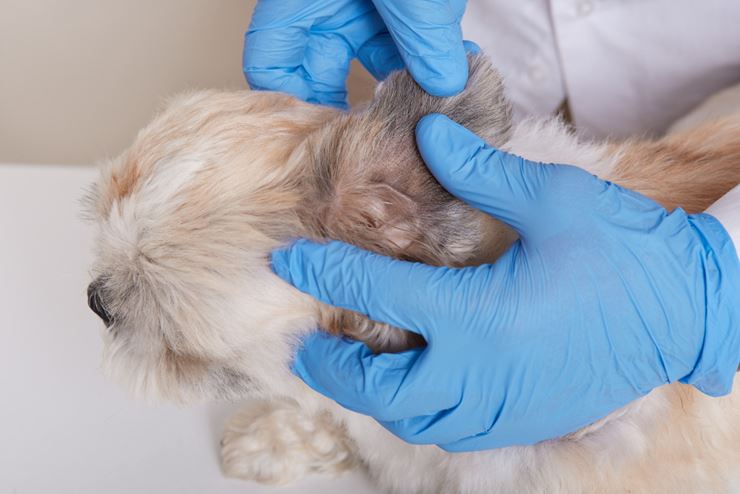
Understanding the Importance of Worm and Flea Control for Pets
As pet owners, we strive to provide the best for our furry friends, making sure they live healthy and joyful lives. However, keeping them in good health involves more than just providing food, water, and regular veterinary checkups. One of the most crucial yet often overlooked aspects of pet care is managing internal parasites such as worms and external pests like fleas. These tiny invaders can cause significant discomfort and health issues for your pet, making proper control and prevention strategies vital. In this blog post, we will explore why worm and flea control is so important for pets and the benefits it offers for their overall well-being.
1. Health Risks to Your Pet
Worms can cause a range of health issues for pets, from mild discomfort to severe complications. Intestinal worms, for instance, can lead to symptoms like vomiting, diarrhea, weight loss, lethargy, and even anemia. In more serious cases, they may damage internal organs or cause life-threatening conditions. Additionally, some worms, such as heartworms, can be fatal if left untreated.
Fleas are equally problematic. Their bites can cause intense itching, leading to skin infections from constant scratching. Fleas are also known to be vectors for other parasites, such as tapeworms. A flea infestation can lead to anemia, particularly in young pets or those with underlying health issues, due to the blood loss from frequent feeding.

2. Preventing the Spread of Disease
Both worms and fleas can spread diseases to pets and humans. Certain types of worms, such as roundworms, can be transmitted to humans, especially children, who may accidentally ingest eggs from contaminated soil or surfaces. Fleas can also carry diseases like the plague or cat scratch fever, which can affect both animals and humans. By controlling worms and fleas, you are not only protecting your pet but also reducing the risk of transmission to your family members.
3. Improved Quality of Life for Your Pet
Pets that are infested with worms or fleas often experience discomfort and distress. Fleas cause itching and inflammation, making it difficult for your pet to relax or sleep. Worm infestations, especially in severe cases, can lead to fatigue, weakness, and poor appetite. By keeping worms and fleas under control, you can help your pet lead a more comfortable life. Regular treatment means fewer disruptions to their daily routines, allowing them to enjoy their activities and bond with you without the burden of parasitic infections.
4. Fleas and Worms Are Hard to Detect Early On
One of the challenges with both fleas and worms is that they are often difficult to detect in the early stages. Fleas can be tough to spot, especially in pets with thick coats, and your pet may be scratching or biting without showing obvious signs of infestation. Similarly, many types of worms don’t cause symptoms until they’ve reached significant levels, which means that pets can harbor parasites without showing any outward signs of illness.
By using preventive measures, you can stop problems before they become more severe. Regular deworming and flea treatments are vital for keeping your pet’s health in check and preventing an unnoticed infestation from worsening.

5. Preventing Environmental Contamination
Worms and fleas not only affect your pet but can also spread in your home and yard. Fleas, for example, lay eggs that fall off your pet and can infest carpets, furniture, and bedding. Similarly, some worms can be passed in your pet’s stool, contaminating the environment and posing a risk to other animals or humans. Regular flea control, combined with proper hygiene and waste disposal, helps prevent the spread of these parasites to your home and other pets.
Keeping your pet free from worms and fleas is essential for their health, comfort, and happiness. These parasites not only cause discomfort but also lead to serious health issues if left unchecked. By staying proactive with regular deworming and flea treatments, you can help your pet lead a healthier, more enjoyable life.
Remember, veterinarians, like those from Glenvale Veterinary Clinic, are your best resource for expert guidance on the right prevention methods and treatments tailored to your pet's needs. Regular vet consultations will ensure your furry friend stays protected year-round. With the right care, you can prevent these parasites from becoming a problem and keep your pet thriving.










